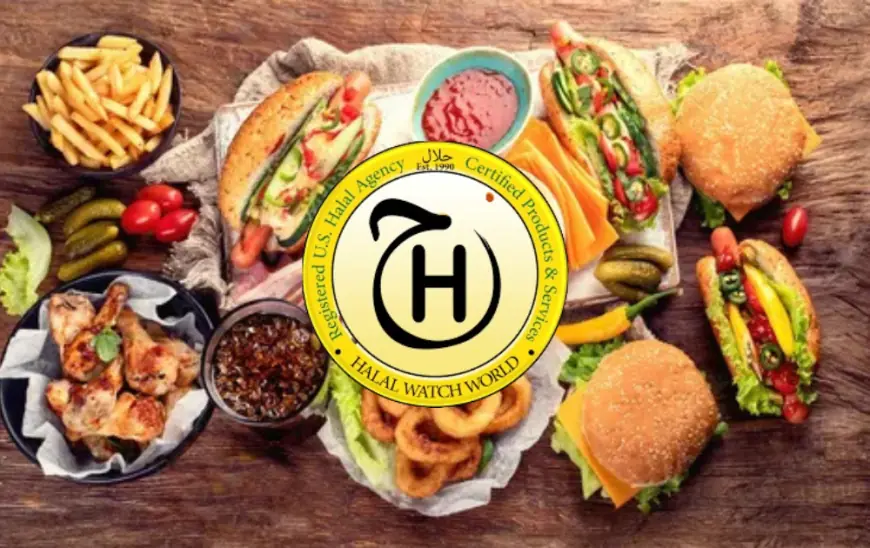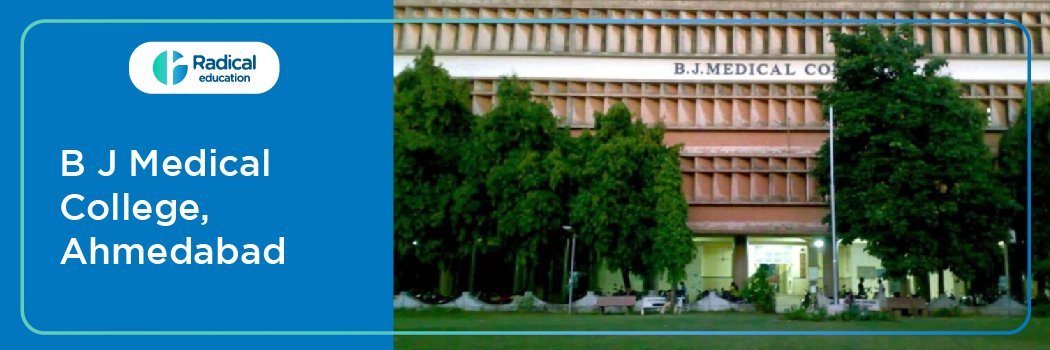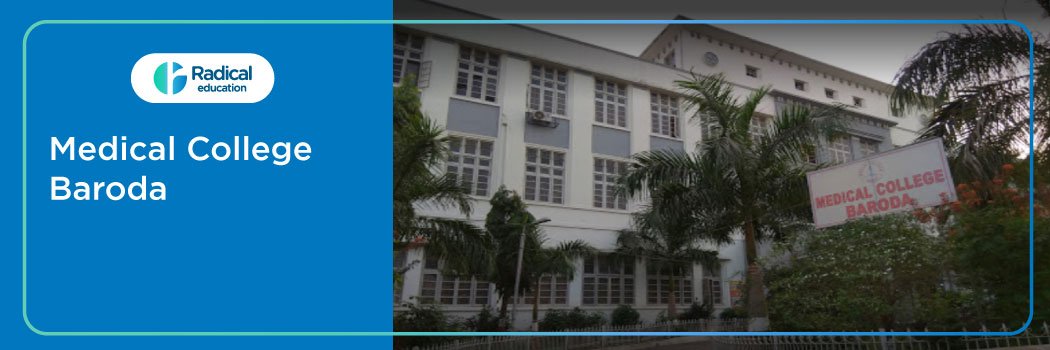Halal Certification and Food Safety A Winning Combination

In the modern global food industry, two concepts have gained significant importance: food safety and ethical production. For millions of Muslim consumers worldwide, the principles of halal are a crucial element of both. Halal certification is more than just a religious label; it is a meticulous process that aligns closely with high food safety standards. This synergy between religious dietary laws and modern quality control systems ensures that products are not only permissible according to Islamic guidelines but also produced with the utmost care for hygiene, cleanliness, and consumer well-being.
The Foundation of Halal Principles
The term halal originates from the Arabic word meaning “permissible” or “lawful” and refers to anything that is allowed in Islam. For food, this includes a strict set of dietary rules outlined in the Quran and the teachings of the Prophet Muhammad. Key prohibitions include pork and its derivatives, alcohol, blood, and animals not slaughtered according to Islamic rites. The ethical treatment of animals, known as zabiha, is a fundamental aspect of this process, emphasizing humane practices and minimizing suffering.
These core principles naturally necessitate a clean and controlled production environment. The requirement to avoid cross-contamination with forbidden substances means that every stage of a product's journey—from sourcing raw ingredients to packaging and distribution—must be carefully managed. This inherent focus on separation and purity creates a robust framework that complements broader food standards halal certification systems.
The Certification Process
Obtaining halal certification requires a rigorous assessment by a qualified Halal Certification Agency. The process is a detailed, multi-step procedure that thoroughly examines every aspect of a food product’s production. Initially, a company submits an application providing comprehensive details about their products, ingredients, and manufacturing processes. Following this, the agency conducts an on-site audit to inspect the facility.
This audit is not a superficial check but a deep dive into the company's operations. Auditors, who are often experts in both Islamic jurisprudence and food science, review everything from ingredient sourcing and supplier documentation to production line sanitation and storage protocols. They verify that all components, including additives and processing aids, are derived from halal sources. The audit also confirms that there are no shared facilities or equipment that could lead to cross-contamination with non-halal items. Upon successful completion of the audit and a final review, the halal certificate for food products is issued, allowing the company to use the official halal logo on their packaging.
Food Safety and Compliance
The close relationship between halal and food safety is undeniable. A key requirement for halal food certification is the implementation of good hygiene practices throughout the production chain. This includes regular cleaning schedules, proper sanitation of equipment, and training for employees on handling procedures. These measures directly contribute to preventing foodborne illnesses and maintaining a safe and healthy product.
The emphasis on traceability is another area where halal certification in the USA and globally aligns with food safety. Companies must maintain detailed records of their supply chain, from farm to fork. This allows for quick identification and isolation of any potential issues, ensuring that the integrity of the product is maintained at every step. This meticulous record-keeping is a cornerstone of modern food safety management systems, making the integration of halal practices a natural fit for businesses committed to quality.
Meeting Consumer Demands
The demand for halal certified products is growing rapidly, not only among Muslim populations but also with consumers seeking ethical and transparent food production. People are increasingly conscious of what they consume, and the stringent standards of halal certification provide an assurance of quality, purity, and ethical sourcing. A company with a reputable USA halal certification can tap into this expanding market, building consumer trust and loyalty.
For consumers, the presence of a verified halal certificate on food products signifies more than religious compliance. It represents a commitment to high standards of cleanliness, animal welfare, and ingredient transparency. This perception of quality and integrity gives certified brands a competitive advantage. The certification provides a clear signal that the product has undergone a thorough, independent inspection process, which reassures a wide range of consumers about the product's quality and origins.
Halal Watch is a noteworthy service that offers certification, ensuring products meet the stringent criteria of Islamic law. Their approach includes a detailed, end-to-end inspection cycle and a commitment to quality assurance based on authentic Islamic doctrine. By leveraging modern technology, they provide a user-friendly process that gives clients peace of mind.
The Business Advantages of Certification
Beyond meeting religious and consumer needs, acquiring halal certification services offers significant business advantages. It opens doors to new markets, both domestically and internationally. Many countries with large Muslim populations require a halal certificate for food products for import, making it a prerequisite for global expansion. This can lead to increased sales and revenue streams.
The process also encourages internal improvements. To meet the halal food certification requirements, businesses often have to review and enhance their existing quality control systems. This can lead to greater operational efficiency, reduced waste, and a more streamlined production process. The implementation of robust procedures to prevent cross-contamination and ensure traceability benefits all aspects of a company's operations, not just its halal product lines.
Final Words
The intersection of halal certification and food safety is a powerful combination. The principles of purity, ethical sourcing, and cleanliness inherent in Islamic dietary laws provide a strong foundation for high-quality food production. By adhering to these standards, companies not only serve the needs of Muslim consumers but also improve their overall product quality and gain a significant market advantage. Halal certification is a symbol of trust, integrity, and a deep commitment to excellence in the food industry.
Read
What's Your Reaction?
 Like
0
Like
0
 Dislike
0
Dislike
0
 Love
0
Love
0
 Funny
0
Funny
0
 Angry
0
Angry
0
 Sad
0
Sad
0
 Wow
0
Wow
0




















































